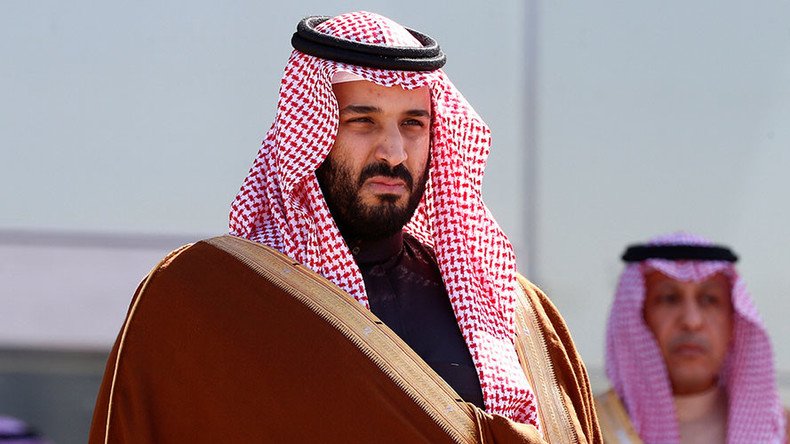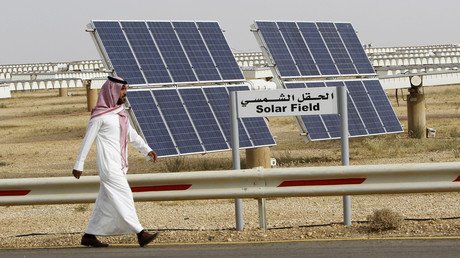Saudi crown prince praises economic plan & promises huge investment

Radical reforms to protect Saudi Arabia’s economy from low oil prices have been successful, according to Deputy Crown Prince Mohammed bin Salman.
"Although our prices dipped to as low as $27 for more than one year...the government managed to shield economic indicators from the negative impact," he said in a rare nationally televised interview on Tuesday.
"Gross domestic product is still growing - not at global rates, true, but it is not going into deflation," the prince added.
According to the prince, Riyadh expects to raise more than half of the tens of billions of dollars needed by selling shares in national oil giant Saudi Aramco and promised to reinvest the money in job creation.
The sale of five percent of the state-owned Saudi Aramco oil company, valued at $2 trillion, would go ahead along the lines he described a year ago, he added.
In the three years after the share sale, the kingdom's top sovereign wealth fund, the Public Investment Fund (PIF) will spend over 500 billion riyals ($133 billion), he said. Up to 70 percent will be invested in the development of promising non-oil sectors such as mining and logistics in Saudi Arabia.
PIF is part of the so-called ‘Saudi Vision 2030’ plan launched last year by Riyadh to help the country’s economy survive beyond crude. With over seventy percent of the kingdom’s income coming from energy exports, the plunge in crude prices has saddled the government with a record budget deficit of over $90 billion in 2015.
Saudi Arabia unveils plan to wean economy off oil https://t.co/CKgx3IflT3pic.twitter.com/TqatKEk1H2
— RT (@RT_com) April 26, 2016
With all the efforts to restructure the oil-dependent economy, the deficit has started to shrink, according to the crown prince.
Finance Minister Mohammed al-Jadaan said the government was on track to cut its deficit to about $53 billion this year, and that so far, the government was paying over 90 percent of its bills to the private sector within 30 days of the due date.
Prince Bin Salman warned, however, that the government was prepared to return to austerity if state finances took a hit from another crisis.













